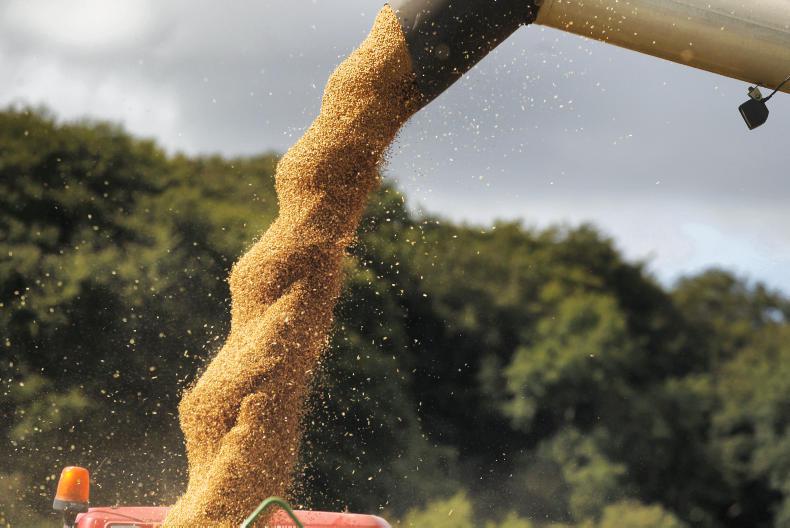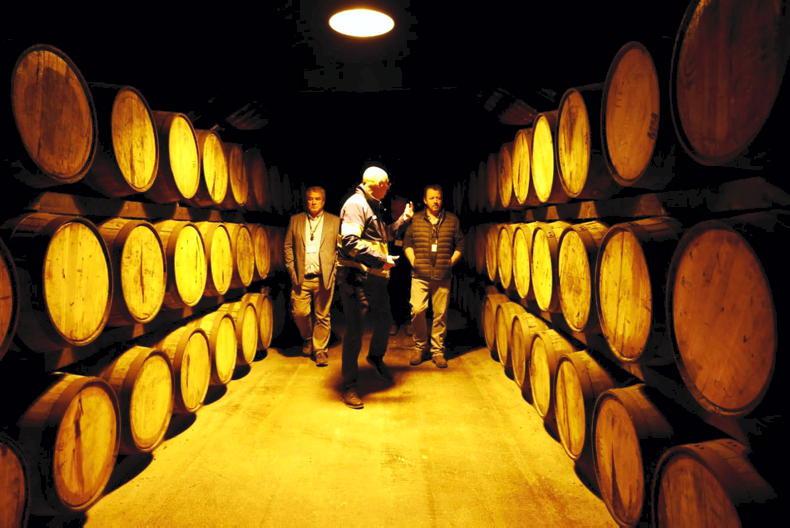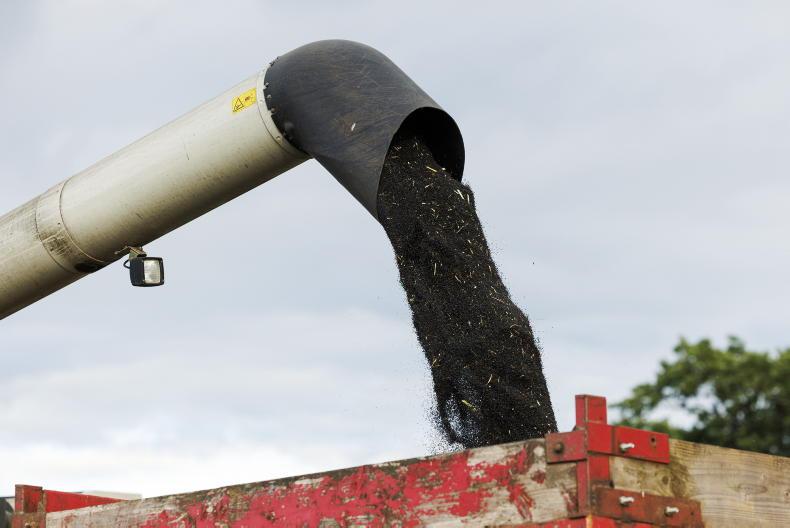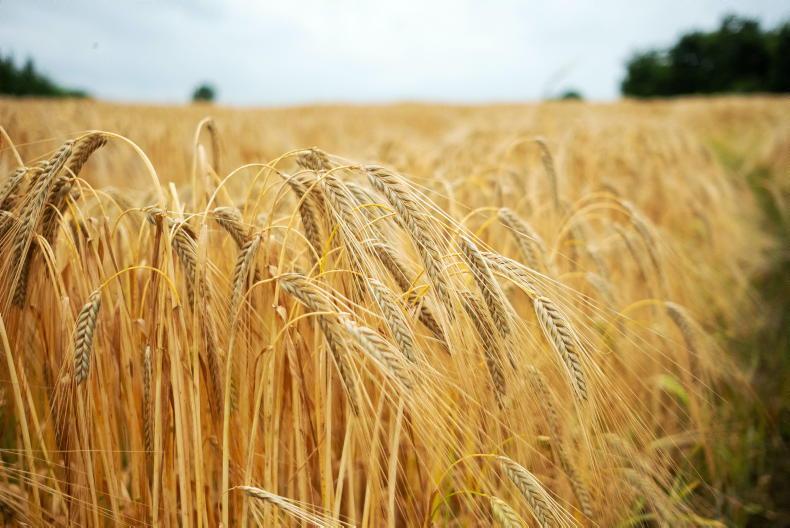Markets turned last week to again move upwards in this seesaw season of oscillating price signals and trends.
Futures markets weakened the weekend before last and then strengthened all through last week. This weakening was much less on MATIF, which is continuing to strengthen for both wheat and maize.
MATIF wheat closed at €237.75 on 10 September. That was up €10/t on the following Friday and it closed last Friday at €253.25. On Tuesday of this week, it closed at €254/t.
It is likely that a 4.5Mt decrease in estimated output across all cereals in the EU-27 has impacted on sentiment.
Milling pressures
Part of the increase in wheat is being driven by milling premiums over feed. The AHDB reports that milling wheat delivered in Northamptonshire was quoted at £36.50/t over feed wheat futures this week – more than double recent averages.
The report states supply concerns as the main issue – supply of both quality wheat and freight availability. But with freight difficult to pin down, traders in the UK are having to secure immediate supplies from within the domestic crop, despite its variable quality.
French wheat quality is an issue too, with less than a third of wheat (excluding durum) meeting the 76kph minimum required for milling and just over half the tests having a Hagberg greater than 240.
The milling wheat supply situation was also impacted by a further reduction in the estimate for the Canadian crop.
However, the Ukrainian wheat harvest is estimated to be up 8Mt on last year to 33Mt and overall grain production is estimated at a record 80.6Mt (up from 65Mt last year).
Maize issues
Maize also moved back into the driving seat in the past week, with weather slowing harvest progress, especially in Europe.
Harvest progress in France has been slow (1% cut versus 14% at the same time last year), while early maize yields in Ukraine have been well below expectations and this will impact on its overall production.
Native prices
Grain prices here are stronger this week on the back of changing European sentiment.
Wheat has been in the €245 to €250/t range and it might now be even stronger than €250/t out to year end.
Barley has gone above €240/t as imported alternatives become more expensive.
Wheat for November ’22 is currently in the €215 to €220/t range.
On oilseed rape, MATIF November contracts closed last Tuesday at €633/t, which would likely bring dry crop prices here above €600/t.









SHARING OPTIONS